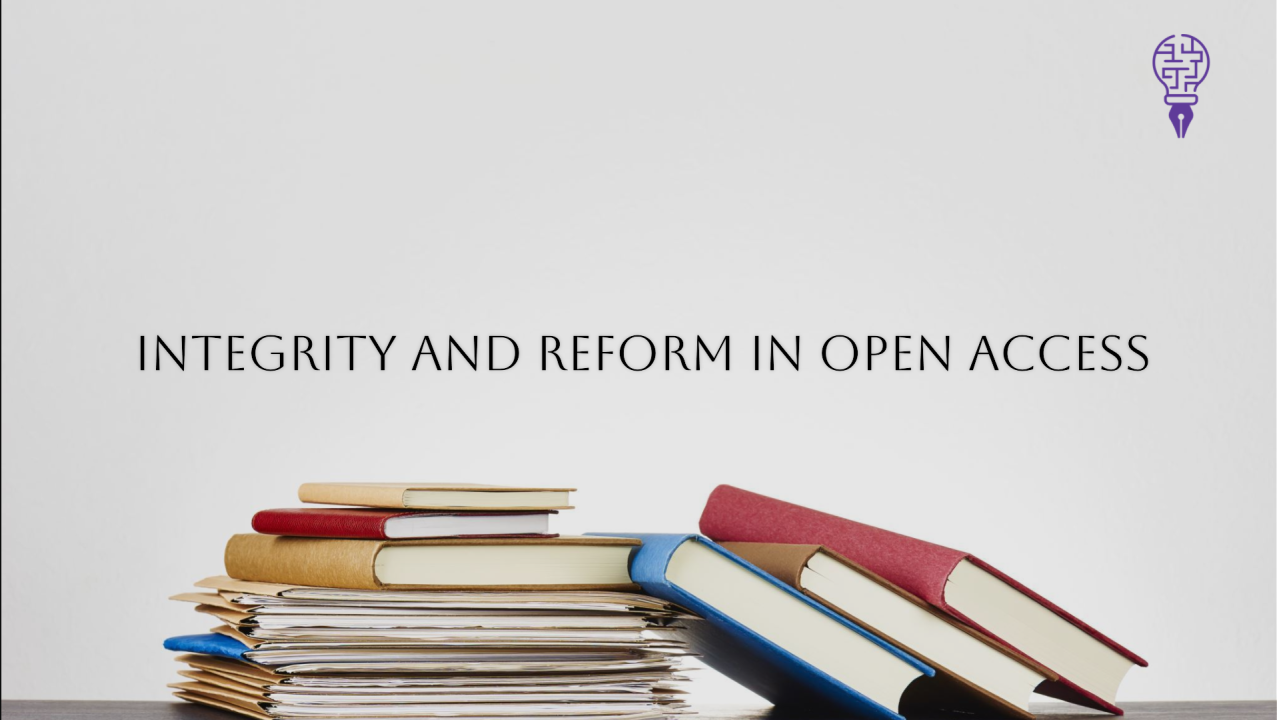CURRENT ISSUE
No Current Issue
Environmental Risk & Disaster Resilience
Environmental Risk & Disaster Resilience
Mitigating Environmental Risks and Strengthening Climate Resilience
Introduction
Environmental risks, ranging from climate-induced disasters to industrial pollution and biodiversity loss, pose significant threats to global sustainability. As extreme weather events and environmental hazards escalate, scientific research, policy interventions, and technological innovations are critical in enhancing disaster resilience, risk management, and sustainable recovery efforts.
This section of SUSTAINA focuses on interdisciplinary approaches to environmental risk assessment, disaster preparedness, and adaptive strategies that promote climate resilience, ecological restoration, and sustainable urban development.
Key Focus Areas
Environmental Risk Assessment and Climate Resilience
- Frameworks for assessing environmental vulnerabilities and climate-related risks.
- The impact of climate change on global ecosystems, water resources, and food security.
- Risk modeling for floods, droughts, wildfires, and coastal erosion.
Natural Disaster Management and Emergency Preparedness
- Strategies for disaster mitigation, adaptation, and resilience building.
- The role of early warning systems, AI-based disaster prediction, and real-time monitoring.
- Policy frameworks for climate adaptation and community-led disaster response.
Pollution Control, Wastewater Treatment, and Air Quality Management
- Research on industrial emissions, particulate matter control, and greenhouse gas reduction.
- Sustainable wastewater treatment, ocean pollution reduction, and hazardous waste disposal.
- The role of environmental monitoring systems and regulatory policies in pollution mitigation.
Public Health and Environmental Exposure Studies
- Assessing the health impact of environmental pollutants, heavy metals, and air toxins.
- The intersection of climate change, disease outbreaks, and environmental health risks.
- Policies addressing occupational hazards, waterborne diseases, and community health resilience.
Climate-Induced Migration and Societal Adaptation Strategies
- Research on forced displacement, climate refugees, and human adaptation policies.
- The economic and social consequences of rising sea levels, desertification, and extreme weather.
- Global policy responses and sustainable resettlement strategies for climate-affected communities.
Future Perspectives
The growing frequency and severity of environmental disasters and climate-related risks necessitate proactive governance, technological innovations, and resilient infrastructure development. Scientific research must guide policy-driven solutions that enhance disaster preparedness, risk mitigation, and long-term sustainability.
Through this section, SUSTAINA aims to advance interdisciplinary research, facilitate knowledge exchange, and drive impactful policies that ensure a more resilient and adaptive future for our planet.















